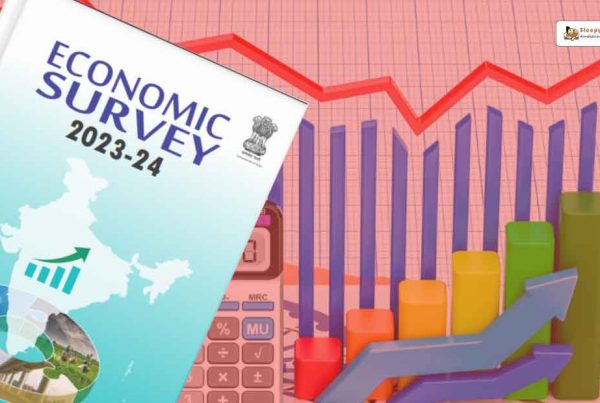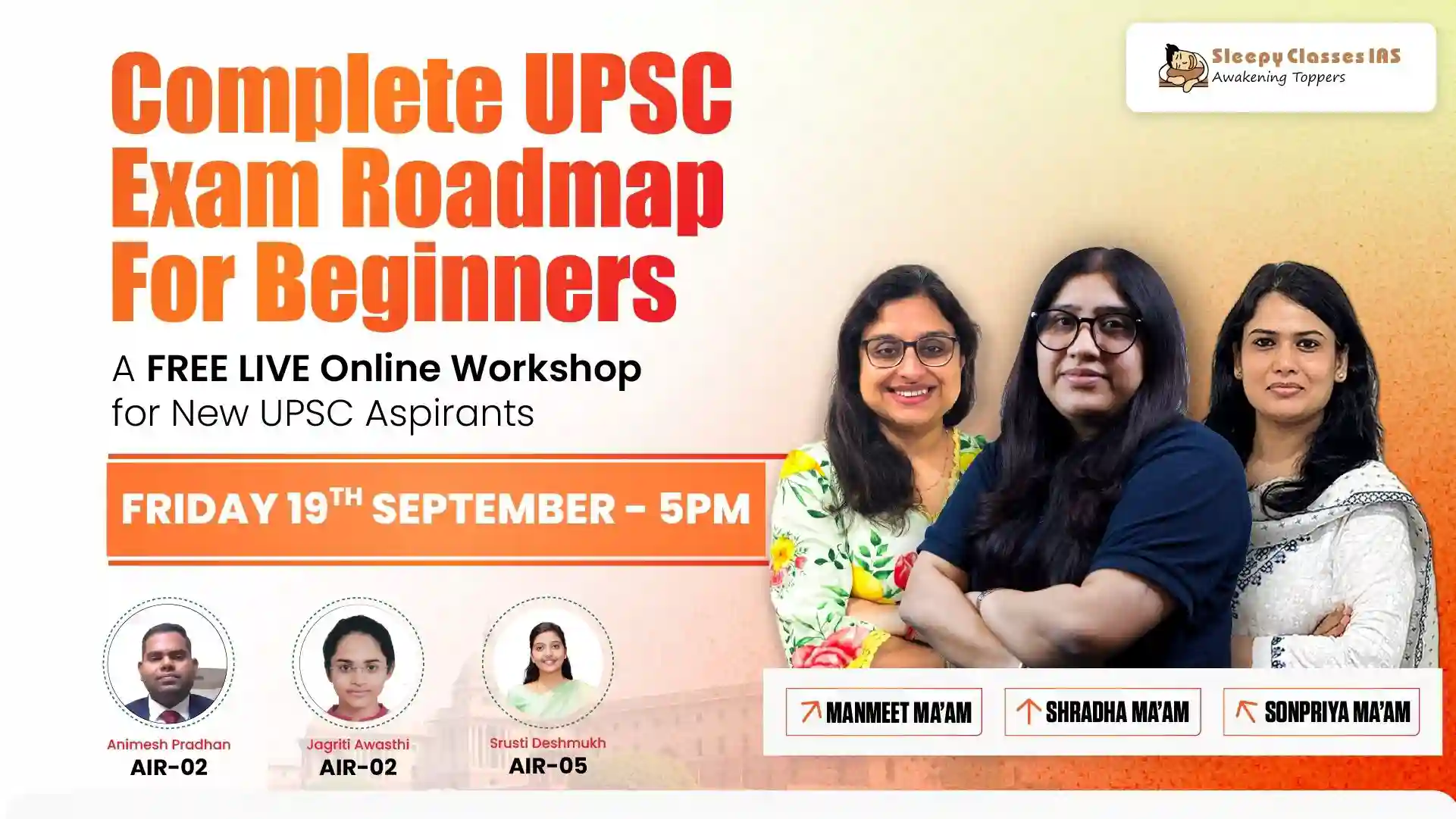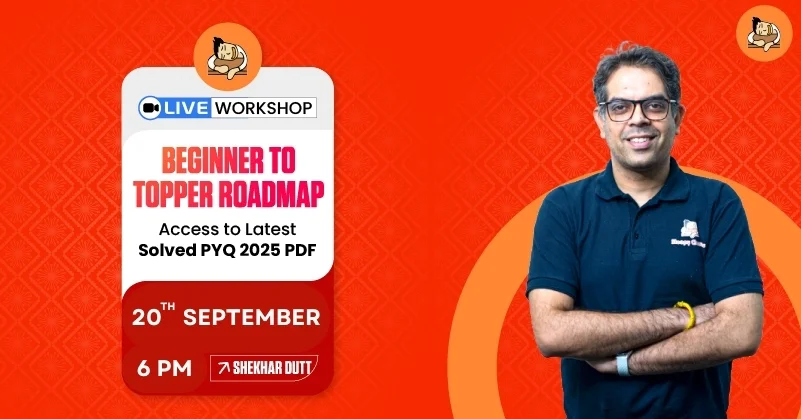Preparing for the UPSC exam requires not only hard work but also strategic revision techniques to ensure maximum retention of information. Effective revision is crucial for mastering the vast syllabus and improving answer quality. This article explores various revision techniques and how Sleepy Classes can help you optimize your preparation.
Key Takeaways
- Revision is essential for reinforcing knowledge and improving retention for the UPSC exam.
- Techniques like active recall, spaced repetition, and mind mapping can significantly enhance your revision process.
- Integrating current affairs into your revision is vital for a comprehensive understanding of the syllabus.
- Practice tests and mock exams are crucial for assessing your preparation and identifying areas for improvement.
- Sleepy Classes offers structured revision programs, expert guidance, and specialized courses to help you excel in your UPSC preparation.
Understanding the Importance of Revision for UPSC
Revision is a critical component of UPSC preparation. It ensures that the vast amount of information you have studied is consolidated and retained effectively. Regular revision helps in reinforcing your knowledge, making it easier to recall during the exam. However, many aspirants face challenges in maintaining a consistent revision schedule due to the extensive syllabus and time constraints.
Active Recall: A Powerful Revision Technique
Active recall is a highly effective method that involves actively stimulating your memory during the learning process. This technique is particularly beneficial for UPSC preparation as it aids in better retention and understanding of vast amounts of information. By forcing your brain to retrieve information without the help of study materials, you strengthen the neural pathways associated with that knowledge, making it easier to recall during exams.
Spaced Repetition: Timing Your Revision for Maximum Retention
The Science Behind Spaced Repetition
Spaced repetition is a scientifically-backed technique that helps improve memory retention by spreading out study sessions over time. Instead of cramming, you review information at increasing intervals, which strengthens neural connections and makes it easier to recall information later. This method leverages the psychological spacing effect, which suggests that we learn better when our study sessions are spaced out rather than clustered together.
Creating a Spaced Repetition Schedule
To create an effective spaced repetition schedule, start by breaking down your study material into manageable chunks. Then, plan your review sessions at intervals that gradually increase. For example, you might review a topic one day after learning it, then three days later, a week after that, and so on. This approach ensures that you revisit the material just as you’re about to forget it, reinforcing your memory each time.
Apps and Tools to Aid Spaced Repetition
Several apps and tools can help you implement spaced repetition in your study routine. Anki and Quizlet are popular choices, offering customizable flashcards and automated scheduling to optimize your review sessions. These tools can be particularly useful for UPSC aspirants, as they allow you to focus on high-yield topics and track your progress over time.
Incorporating spaced repetition into your revision strategy can significantly enhance your ability to retain vast amounts of information, making it an invaluable tool for UPSC preparation.
Mind Mapping: Visualizing Information for Better Understanding
Mind mapping is an excellent tool for visual learners to organize information in a hierarchical and interconnected manner. Create mind maps for each subject, highlighting key concepts, keywords, and their interrelationships. These visual aids can make the revision process more enjoyable and help you grasp complex ideas quickly.
Integrating Current Affairs into Your Revision
Staying updated with current affairs is crucial for UPSC Mains preparation. Incorporating current events into your answers can make them more relevant and impactful. Here are some effective techniques to seamlessly integrate current affairs into your revision plan.
The Role of Practice Tests and Mock Exams
Mock tests serve as invaluable tools for gauging your preparedness and familiarizing yourself with the exam format. Simulate exam conditions as closely as possible by adhering to time limits and attempting the test in one sitting. Analyze your performance objectively, identify weak areas, and allocate revision time accordingly. Additionally, practicing past papers gives you insight into recurring question patterns and helps refine your exam strategy.
Utilizing Sleepy Classes for Structured Revision
Sleepy Classes offers a range of specialized programs designed to help UPSC aspirants achieve their goals. Their courses cover both General Studies and optional subjects, providing a comprehensive approach to exam preparation. Sleepy Classes recommends structured revision plans, utilizing class notes and resources, and continuous assessments with feedback. Their approach ensures that students are well-prepared for every aspect of the UPSC exam.
Balancing General Studies and Optional Subjects
Balancing General Studies and optional subjects is crucial because both contribute significantly to your overall score in the IAS exam. General Studies papers cover a wide range of topics, testing your knowledge across various domains, while the optional subject allows you to showcase your expertise in a specific area. Effective time management is key to ensuring that neither area is neglected.
Strategies for Effective Time Management
Allocate specific hours for both General Studies and your optional subject. A balanced schedule helps in covering the vast syllabus without feeling overwhelmed. Use a weekly planner to track your progress and make adjustments as needed.
Prioritizing Topics Based on Weightage
Understanding the weightage of different topics can help you prioritize your study time. Focus more on high-yield areas that are frequently tested in the exam. This approach ensures that you maximize your score potential.
Sleepy Classes’ Approach to Optional Subjects
Sleepy Classes offers specialized programs that integrate both General Studies and optional subjects. These courses are meticulously crafted to cover the syllabus comprehensively, providing you with the best of both worlds. By enrolling in these combo courses, you can streamline your preparation and focus on the most important aspects of the syllabus.
Maintaining Mental and Physical Well-being During Revision
Maintaining mental and physical well-being is crucial for UPSC aspirants. Ignoring health can be a significant risk, so it’s essential to follow a balanced diet and incorporate regular exercise into your routine. Healthy sleeping patterns are imperative to ensure your mind and body are well-rested and ready for the challenges ahead.
Interactive Learning: Engaging with Peers and Mentors
Interactive learning is a game-changer for UPSC aspirants. Engaging in live sessions and doubt-clearing classes fosters a collaborative learning environment. This dynamic approach allows for real-time feedback and clarification of doubts, making the learning process more effective and enjoyable. Embracing technology in your revision strategy can transform your study sessions into more dynamic and productive experiences.
Adapting to Changes in the UPSC Syllabus and Pattern
The UPSC syllabus and exam pattern are known for their dynamic nature, often undergoing significant changes to align with evolving requirements. Staying updated with these changes is crucial for aspirants to ensure their preparation remains relevant and effective. Ignoring the syllabus and exam pattern can lead to studying irrelevant topics, wasting valuable time and effort. Understanding the type of questions and marking scheme helps in strategic preparation and time management during the exam.
To navigate these changes effectively, aspirants should:
- Regularly check official UPSC notifications for updates.
- Analyze previous years’ question papers to understand trends.
- Adjust their study plans to incorporate new topics or remove outdated ones.
Consistently updating your study material and approach is key to staying ahead in the competitive UPSC exam.
By staying informed and adaptable, aspirants can better align their preparation with the latest requirements, enhancing their chances of success.
Adapting to changes in the UPSC syllabus and pattern is crucial for success in this competitive exam. Stay ahead of the curve by enrolling in our comprehensive courses designed to tackle the latest updates and trends. Visit our website to explore our wide range of UPSC programs and start your journey towards achieving your IAS dreams today!
Conclusion
In conclusion, effective revision techniques are indispensable for mastering the UPSC syllabus and excelling in the examination. Incorporating methods such as active recall, spaced repetition, and mind mapping can significantly enhance your retention and understanding of the material. Additionally, leveraging the comprehensive resources and expert guidance offered by Sleepy Classes can provide a strategic edge in your preparation. Their structured programs, interactive learning sessions, and continuous assessments ensure that you are well-equipped to tackle the challenges of the UPSC exam. By combining these techniques with the support of Sleepy Classes, you can maximize your potential and confidently stride towards success in your UPSC journey.
Frequently Asked Questions
What is the importance of revision in UPSC preparation?
Revision is crucial for UPSC preparation as it helps reinforce knowledge, improve retention, and enhance answer quality. Regular revision ensures that you are well-prepared and confident during the exam.
How can Sleepy Classes help in my UPSC preparation?
Sleepy Classes offers a variety of courses, including Rapid Revision for Prelims, GS Mains programs, and specialized optional courses. Their programs emphasize analytical skills, answer writing, and continuous assessments, supported by video lectures and mentorship.
What techniques are effective for revising the UPSC syllabus?
Effective revision techniques include active recall, spaced repetition, mind mapping, using visual aids, and taking practice tests and mock exams. These methods help in better retention and understanding of the material.
What specialized programs does Sleepy Classes offer for optional subjects?
Sleepy Classes offers specialized programs for optional subjects like Sociology and PSIR, providing comprehensive and strategic guidance to help you excel in these areas.
How can I integrate current affairs into my UPSC revision?
Integrating current affairs into your UPSC revision can be achieved by regularly reading newspapers, following relevant news websites, and using platforms like Sleepy Classes that offer structured current affairs programs.
Why are practice tests and mock exams essential for UPSC preparation?
Practice tests and mock exams are essential for UPSC preparation as they help you assess your knowledge, identify areas for improvement, and build exam confidence. They also simulate the exam environment, helping you manage time effectively.
What is the role of mentorship in UPSC preparation?
Mentorship plays a vital role in UPSC preparation by providing personalized guidance, motivation, and support. Mentors can help you develop effective study strategies, clarify doubts, and keep you on track towards your goals.
How does Sleepy Classes ensure content is up-to-date with UPSC syllabus changes?
Sleepy Classes ensures content is up-to-date with UPSC syllabus changes by continuously updating their study material, incorporating the latest current affairs, and providing regular updates through their courses and mentorship programs.






